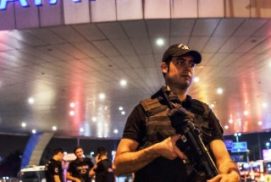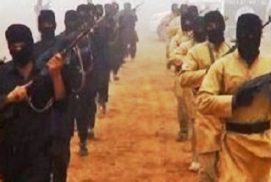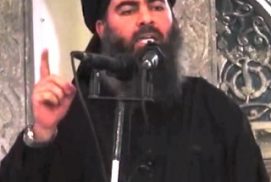12 July 2016
There is no country in the “Old Continent” left immune by the terrorist attacks carried out or at least inspired by the Islamic State, although the largest number of victims of this unusual violence is reported in Middle Eastern countries (especially in Syria, Iraq, Saudi Arabia, Tunisia, Egypt, Lebanon and Turkey) as the control of those territories conquered in the name of Jihad’s ideology in Syria and Iraq is becoming harder.








